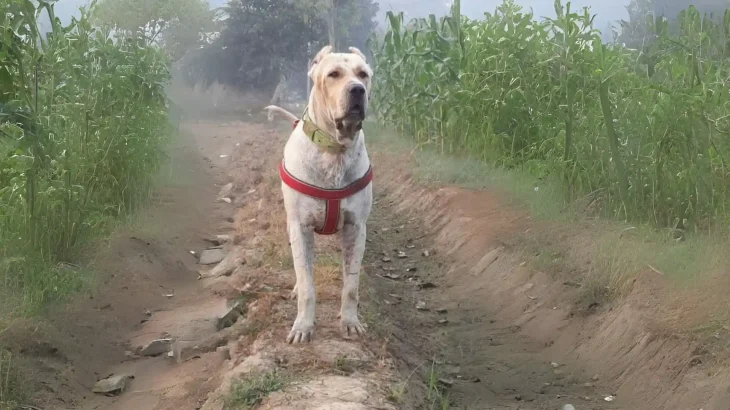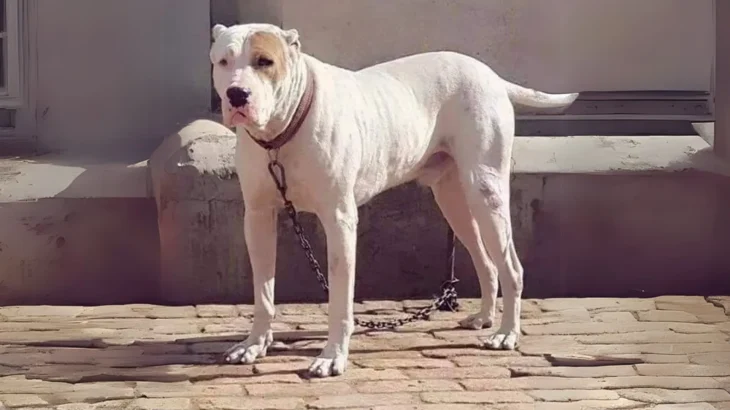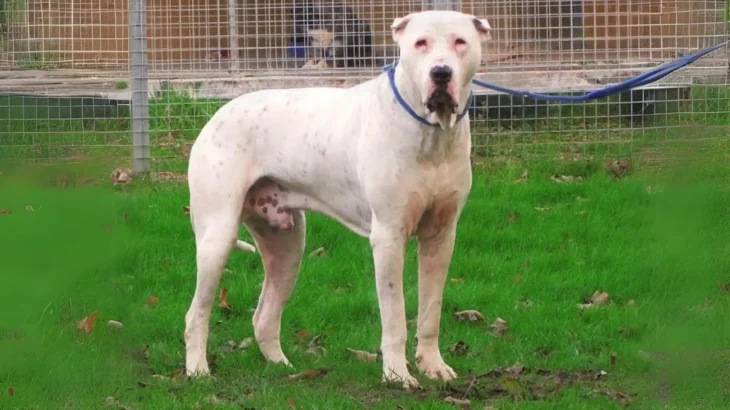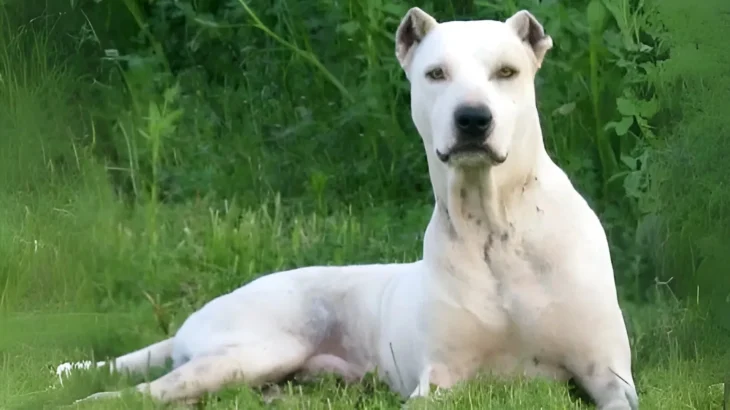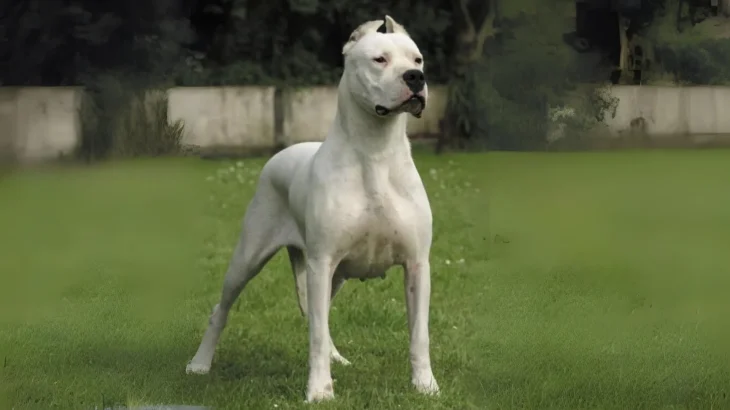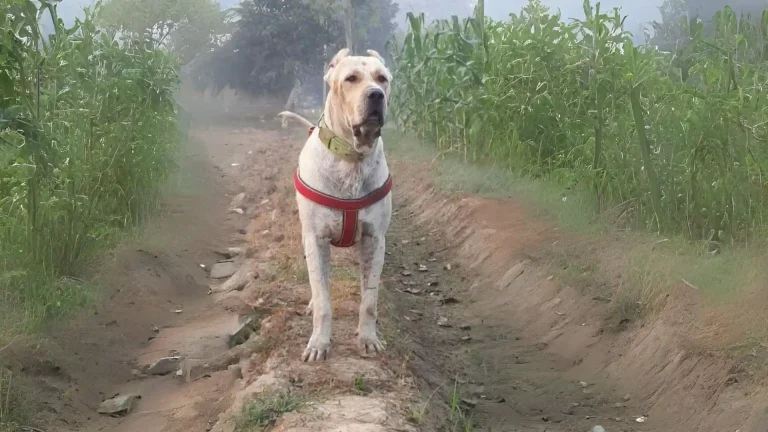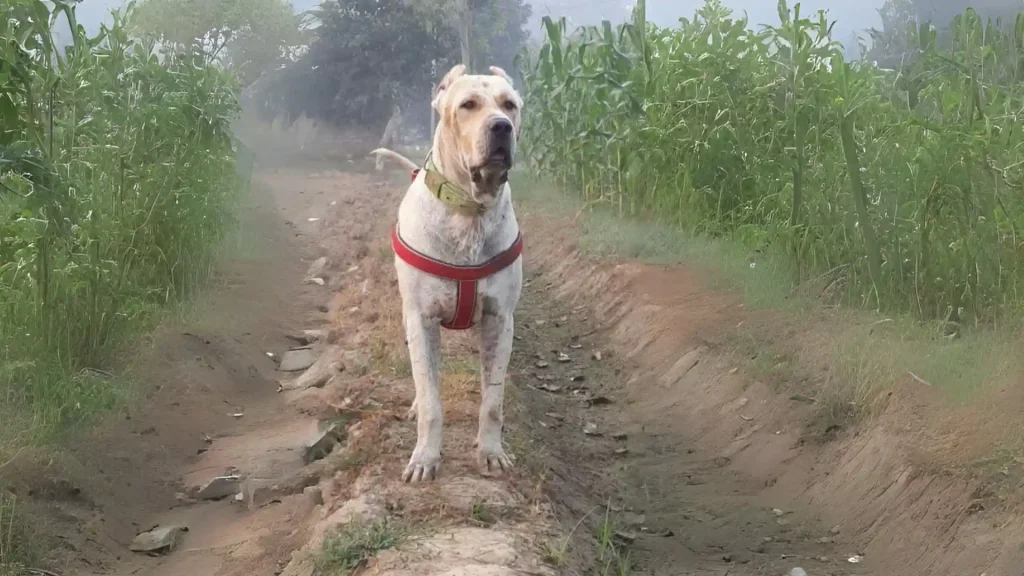When deciding whether to bring a Pakistani Bull Dog puppy into your home, you might weigh the benefits of adopting versus purchasing from a breeder. Adoption offers a chance to rescue a dog in need, while buying from a breeder may provide more predictable lineage and health details tailored to this breed. Both paths have unique advantages depending on what matters most to you.
Adoption vs. Breeder: Pros & Cons
| Criteria | Buying from Breeder | Adopting from Shelter/Rescue |
|---|---|---|
| Cost | Generally higher cost reflecting purebred lineage and breeding expenses. | Lower fees often covering initial vetting, more budget-friendly. |
| Health History | Often detailed health and genetic info provided by breeder. | Health history might be incomplete but basic checks usually done. |
| Age Availability | Primarily young puppies available for early bonding and training. | Varied ages available, including adults. |
| Temperament Insight | Breeders share lineage temperament traits from parent dogs. | Shelter staff provide behavioral insights, though background may be unknown. |
| Supporting Practices | Supports breed preservation with careful breeder selection needed. | Supports animal welfare by providing homes and reducing strays. |
| Breed Purity & Pedigree | Clear pedigree and breed purity documentation available. | Breed purity often uncertain or mixed. |

